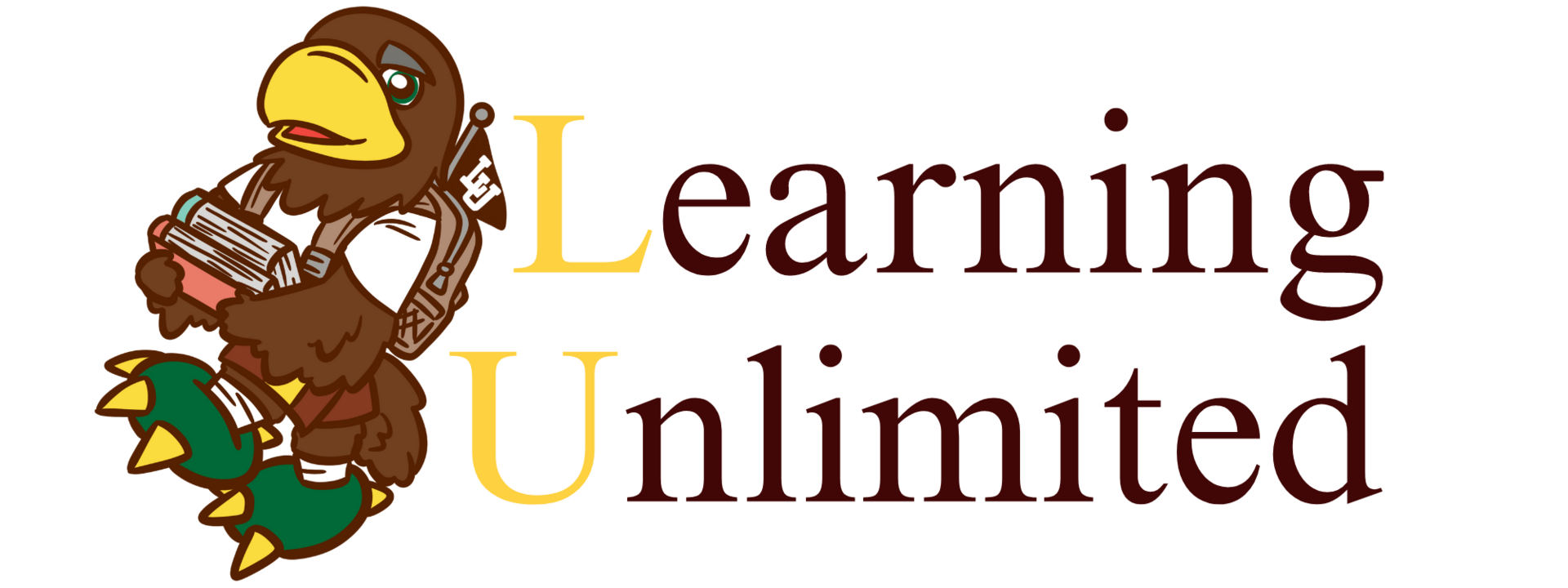
Program Goals
This is a three-year pilot program expected to improve classroom preparedness, retention, and academic success. The Learning Unlimited program drives affordability by bundling the cost of all required course materials into one low charge making course materials more accessible to all students. The negotiated price is locked in with publishers annually, allowing families to budget the entire cost of their education for the academic year.
Lehigh is committed to helping students reach their full academic potential. Those wanting to improve individual performance in the classroom, as well as those finding issues inhibiting their academic performance, are encouraged to meet with a member of the student support staff. Staff members work with students to assist their development both inside and outside the classroom, assessing the situation and creating a plan for improvement. Learn more about academic support available to students and the transition to college here.
The course material program and the related program fee is based on delivering a program that achieves the following objectives and has a positive impact on retention, preparedness and outcomes, while providing an opportunity to opt out of the program (and opt back in) all the way through the drop/add deadline:
- Deliver all course materials by the first day of classes to prepare students for day one.
- Provide accurate, high-quality materials for all students.
- Save time by collecting all course materials in one place for easy one-stop shopping.
- Communicate pricing well in advance of the upcoming academic year so that families can plan.
- Increase the textbook scholarships to $125,000 per year and ensure the program is financial aid eligible.
- Course material prices are the same price for all students regardless of major.
- Offers students who require learning accommodations more accessible and equitably priced learning materials. For example, a student with disabilities may require the digital version of a book while the inexpensive used books are all print. The Lehigh Store can easily and quickly swap versions to meet required accommodations or even work with a publisher to create a digital version.
- Provide the flexibility to opt-out and the ability to opt back in with an easy-to-use website
- Ensure Academic Freedom for faculty members in selecting the materials they want to use.
- Save on average 35%-50% off the cost of new course materials across the student’s entire academic journey.
Estimating Program Savings
The course materials savings estimates (on average 35%-50% across the student's academic journey ) are based on comparing the Learning Unlimited course material fee to new textbooks.
We understand some savvy and quick students will be able to find 3rd party sources (i.e. online marketplaces and peer-to-peer) for less money. While some 3rd party sources are reliable, there are some issues students have reported:
- Incorrect editions.
- Inactive or missing access codes.
- High shipping costs.
- Inability to return course materials if schedules change or return policies that are not as lenient as The Lehigh Store’s.
- Delivery timelines that do not prepare students for the first day of classes.
- Limited availability prevents all students from obtaining the materials needed.
- Limited availability creates competition among students to quickly secure cheaper options before their peers do.
- The need for different versions (digital vs print) to meet the accessibility needs of students with disabilities. Students who need these accommodations can’t benefit from the same “deals” that other students are finding on online marketplaces.
We calculate the savings of the program based on the “new” price for clarity, consistency, and reportability over time. The price of a new textbook is consistent and easy to find, and always available in the marketplace, unlike used textbooks. There are a couple of additional reasons for this. The used book supply is decreasing and highly variable because institutions are beginning to move toward access programs and publishers are responding to this trend.
Second, the programs we develop have to meet the needs of most students in a clear and transparent way. With so many options available to our students, they now have the Lehigh course material fee information they need, months in advance, to make the most informed choice that meets their financial situation.
Some savvy students can find less expensive course materials. But those finds are scarce, and not available to everyone in the class, and this diminishes equitable access.
